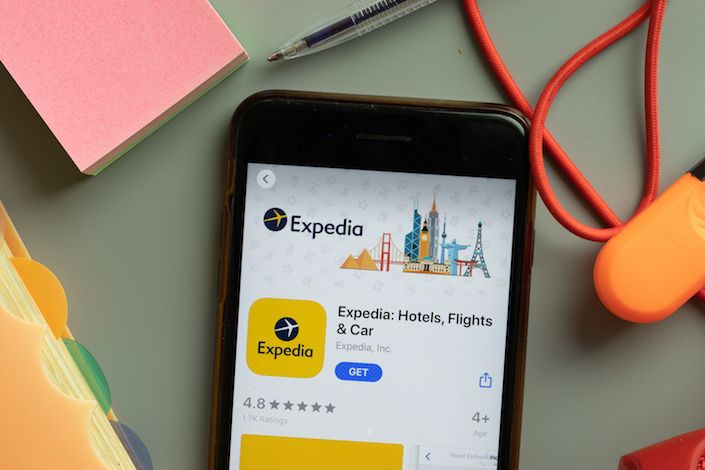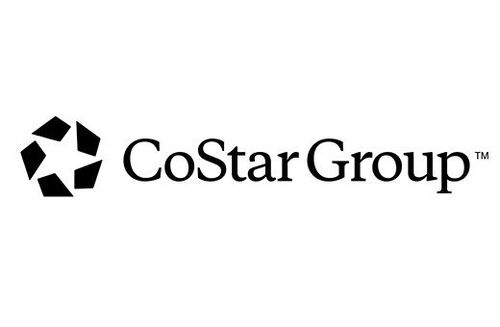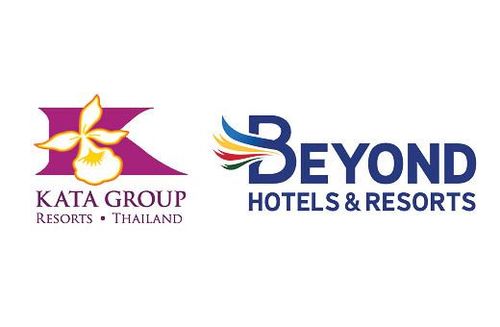Where travel agents earn, learn and save!
News / Expedia Group targets 'High Lifetime Value' customers
Online travel agency focuses on longer-term sustainable growth

Travel remains a top spending area for consumers even as other parts of the economy are slowing, giving executives at Expedia Group confidence in the future of travel.
Speaking during the company’s second-quarter earnings call, Expedia Group Vice Chairman and CEO Peter Kern said his company saw its highest-ever lodging bookings during the quarter along with its highest revenue and adjusted earnings before interest, taxes, depreciation and amortization for any second quarter.
While domestic flight capacities are nearly back to 2019 levels, international capacity still lags, he said. Long-haul capacity is down about 30%, though Expedia executives are looking forward to when it returns to pre-pandemic levels.
Consumer Strategy
Kern said Expedia needed to clarify its business-to-consumer strategy and provide incremental data to help analysts understand what metrics the company thinks are important to measuring its success.
The company has been evolving its consumer approach from being mostly transaction-focused to a future in which it builds longer-lasting direct relationships with loyal, high lifetime value customers, he said.
Over the last 18 months, the company’s Expedia and Hotels.com brands saw loyalty members drive approximately three times the gross bookings per customer and more than twice the gross profit per customer and twice the repeat business as compared to nonmembers, he said. Similarly, app users drove more than 2.5 times the gross bookings per customer, 2.5 times the gross profit per customer and 2.5 times the repeat bookings compared to non-app users.
The company is already seeing strong traction, Kern said. New loyalty members increased by 33% compared to the second quarter of 2019. New app downloads grew by 58% over the same time period.
Direct business continues to grow as almost two-thirds of the business-to-consumer gross bookings in the second quarter generated from traffic that came directly to Expedia, he said. As products and features improve, including its price-tracking products for flights and the rollout of loyalty to all customers, the company will be able to drive more direct engagement with customers.
Starting the day of the call, Expedia has added an incremental disclosure of room nights on a booked basis, Kern said. That will give a better sense of the company’s trajectory as well as better understanding of its marketing spending.
Expedia is spending against the profit it takes from the market, he said. While that currently looks less efficient on even a booked-room-night basis compared to booked gross profit, it is still spending below historical levels.
Along with the company’s transition to finding the right volume with long-term customers, it’s also been going through a significant technological transformation as it moves to a single platform, Kern said. These types of transitions always involve short-term and long-term trade-offs.
The company accelerated its migration of Hotels.com into the Expedia stack over the last two quarters because being able to optimize across its two largest online travel agency brands in the same stack creates massive benefits, he said. Those migrations, however, disrupt customer patterns and can affect conversions in the short term. Hotels.com is now almost fully migrated, allowing the company to free up engineers to turn their attention back to optimizing the full stack.
The industry serves billions of searches and customers every year, and it has rarely engendered true loyalty, Kern said. Traffic hasn’t been an issue of travel. It’s always been about retention.
Vrbo Supply
Expedia Group’s vacation rental platform Vrbo continues to see strong business above 2019 levels, Kern said. There have been some supply constraints in its best markets, namely beach areas in the Southeast, but the platform has been adding supply at an accelerating level, faster than competitors. The beach destinations are Vrbo’s strongest markets.
Overall the gains have been broad, and Vrbo has a good presence with property managers and is a preferred partner for them in North America, he said. The company has been focused on a systemic approach to adding new supply in places where there is the highest amount of demand where it can drive performance for homeowners and management companies.
Vrbo has also been adding direct homeowners on a strong basis, so the platform isn’t all in on one type or the other, he said. It’s about trying to find the right supply in the right markets regardless of who owns or manages the properties.
By the Numbers
According to Expedia Group’s earnings release, total gross bookings increased 26% compared to the second quarter of 2021. Gross bookings improved for lodging, air and other travel products compared to the second quarter of 2021 as well as sequentially from the first quarter of this year.
Lodging gross bookings were up 8% compared to the second quarter of 2019. Revenue was $3.2 billion, up 51% compared to the second quarter of 2021 and up 1% compared to the second quarter of 2019.
In breaking revenue down by service type, lodging revenue reached $2.4 billion during the quarter, a 57% year-over-year increase. Air revenue totaled $95 million, up 22% year over year. Advertising and media revenue was $213 million, a 33% increase, and its other category that includes travel insurance and car products brought in $473 million, a 39% increase.
The company reported a net loss of $185 million with adjusted net income of $310 million. Adjusted EBITDA was $648 million, up 14% compared to the second quarter of 2019.
On May 30, the company completed the early redemption of its $500 million senior notes due December 2023. On June 13, it completed the early redemption of its $500 million senior notes due August 2024. Since May 2021, Expedia Group has repaid more than $2.9 billion of net debt and preferred equity.











